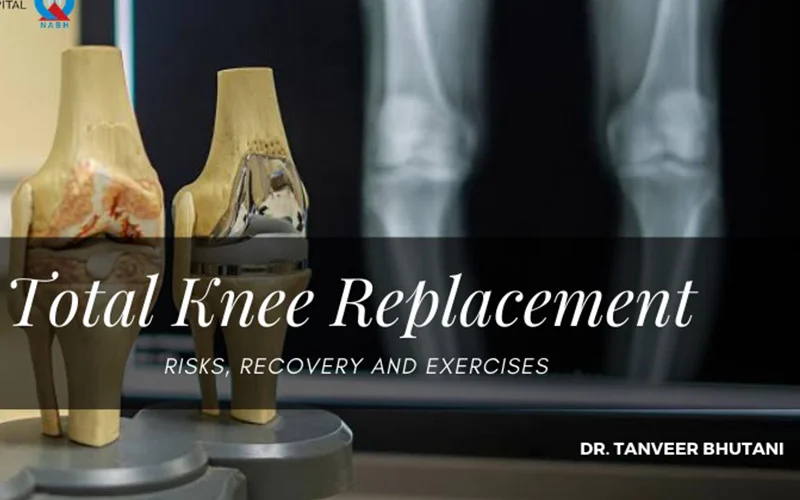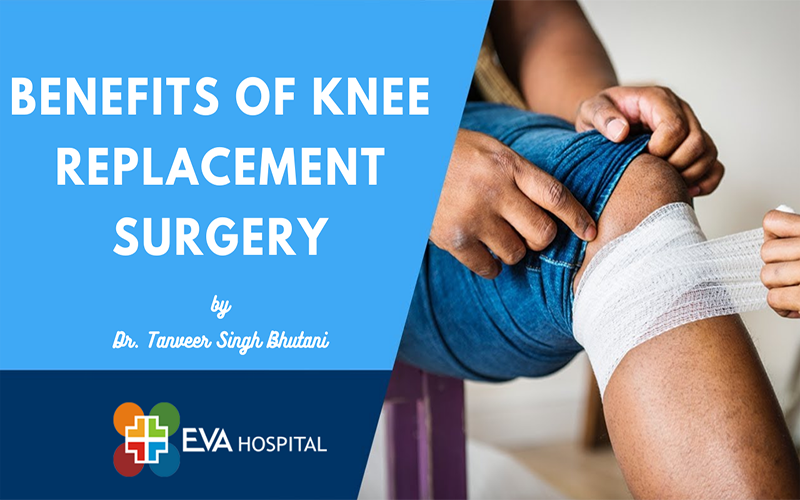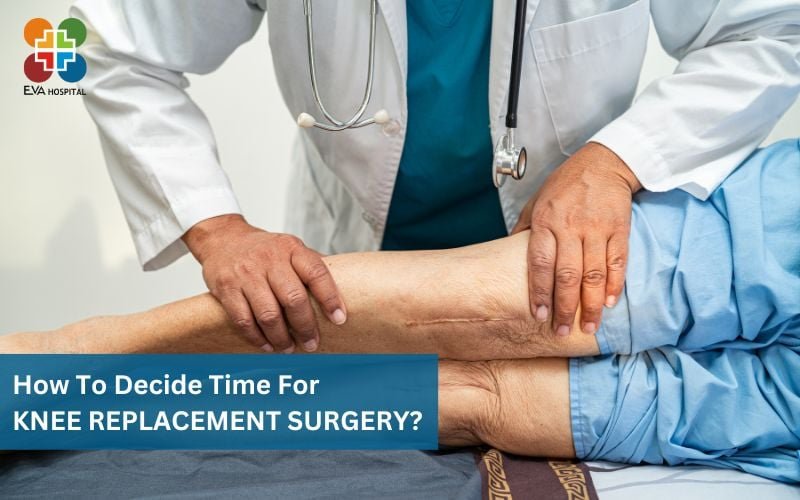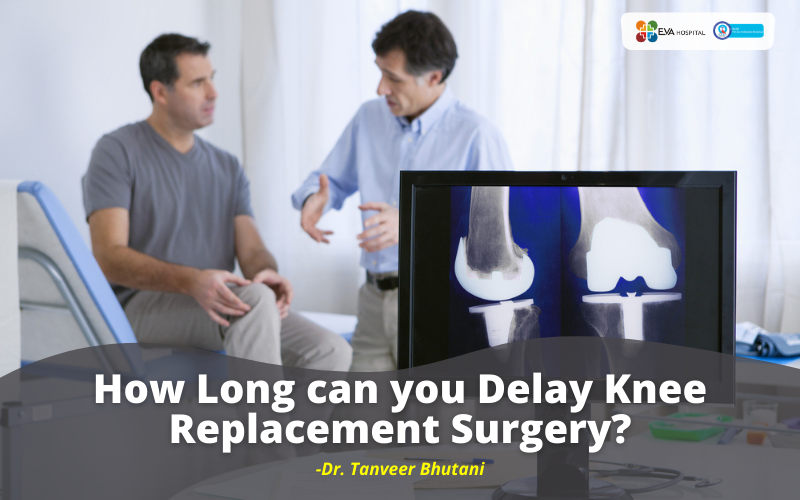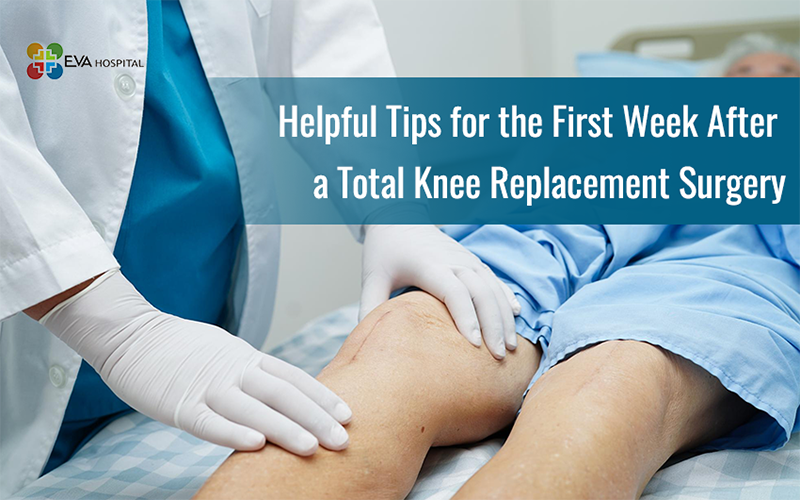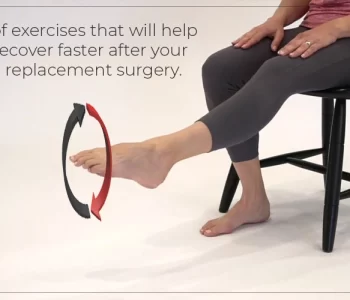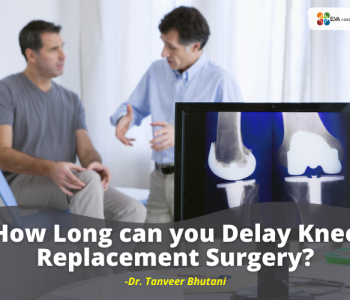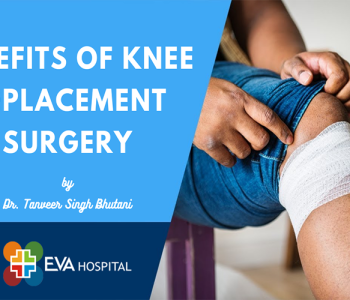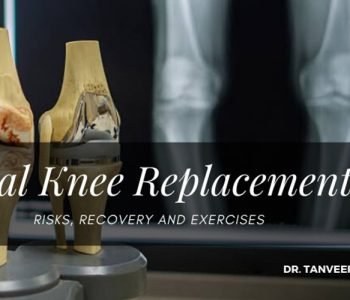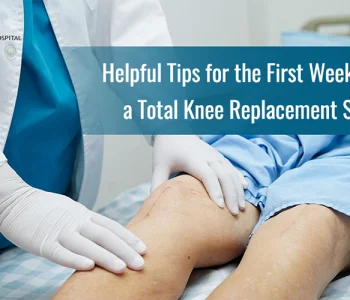 knee replacement surgery
knee replacement surgery
Helpful Tips for the First Week After a Total…
A damaged bone and cartilage can be replaced with an artificial joint using the standard surgical knee replacement technique. Did you know? According to statistics, 600,000 total knee replacements have been performed annually in the United States since the first knee replacement surgery was performed in 1968. Thanks to advancements in surgical instruments and methods, it is one of the most effective medical procedures. The days of considering alternatives to total knee replacement due to the risk of problems during surgery and the lengthy recovery process are long gone.
Moreover, this procedure’s success rate has increased, and hospital stays have decreased due to technological advancements. The complete knee replacement surgeon at Eva Hospital will discharge you within two to three days following surgery.
If you’re wondering what happens during recovery from total knee replacement surgery and what safety measures you should take during the first week, this write-up is for you!
Tips To Recover After a Total Knee Replacement Surgery
-
Gradually Move Your Joints Regularly
Contrary to popular belief, resting your joints won’t reduce discomfort. Regularly moving your recently replaced joints will help to minimize pain and prevent blood clots. Your recovery will progress quicker because proper blood circulation from joint mobility will keep clots and inflammation at bay. Movement does not imply that your artificial joints are being overworked. To improve, you should instead try small movements every hour.
-
Focus on Knee Straightening
This is the most crucial joint movement for those whose knee joint was replaced recently. After surgery, your legs will remain in a bent state. You need to practice knee straightening exercises to avoid excess pressure on the ligaments surrounding your knee joints and to boost your knee functionality. Knee straightening exercises also improve your joint stability.
-
Treat Swelling
For individuals who have undergone knee replacement surgery, some extent of swelling is normal; however, excessive edema coupled with joint inflammation can cause discomfort and stiffness in the joint. To control joint swelling, you must perform the right exercises. To reduce swelling and increase the range of motion in your joint, your surgeon will prescribe medication. Use a cold compress to massage your joints while you’re resting your joints gently. Additionally, you must slightly elevate your knees to lessen blood flow to the knee joint, which avoids swelling.
-
Utilize the Walker Initially
Nobody likes using a walker for extended periods. A premature abandonment, though, could put off your recovery. When you get off the walker before your joints are ready to walk without support, you risk damaging the tissues nearby and forming scar tissue. It is best to carry the walker for a little longer to prevent tissue injury or scarring.
-
Strengthen Your Knee Joints
Your muscles may be cut off during surgery, and the patient must practice regular joint movements to reactivate them. We have already mentioned the knee straightening practice for better outcomes, and you should also practice squeezing, bending, and kneeling to keep your muscles active.
Your muscles will become stronger and more functional if you move them every hour. However, don’t concentrate on increasing your muscle strength just yet. The first week presents some difficulties. Times of discomfort, soreness, inflammation, and trouble moving your joints are possible; these symptoms are entirely normal. Give it some time, and work on regular motions.
Exercise may bother you, but keep trying, and don’t give up. Strike a balance between remaining active and not exerting too much effort. Throughout recovery, there will be both good and bad days. You should find that your workouts are becoming a little simpler every day. To choose the right exercises, always consult your doctor.
Why Choose Total Knee Replacement at Eva Hospital?
Eva Hospital is your one-stop destination if you are looking for the best healthcare provider for Total Knee Replacement surgery!
Our orthopedic surgeons carry out the following four primary types of knee replacement surgeries:
- Total knee replacement
- Unicompartmental (partial) knee replacement
- Complex or revision knee replacement.
- Kneecap replacement (patellofemoral arthroplasty)
Dr. Tanveer Singh Bhutani has considerable experience from Germany, Luxembourg, Belgium, and the UK and has managed challenging patients at Eva Hospital. He treats children, adults, and elderly patients as the top orthopedic specialist.
Our hospital is a hub for top-notch orthopedic care. The following are some perks of choosing Eva Hospital for your medical care:
- We house expert orthopedic surgeons and joint specialist
- Minimal scarring, less hospital stays, and better healing after laparoscopic surgery
- Utilizing cutting-edge tools and technology in the treatment
- Affordable treatment & sanitized rooms
Being a multispecialty hospital, we at Eva Hospital aim to offer all patients cutting-edge, affordable care. Schedule a consultation with the top orthopedic surgeon right away.
